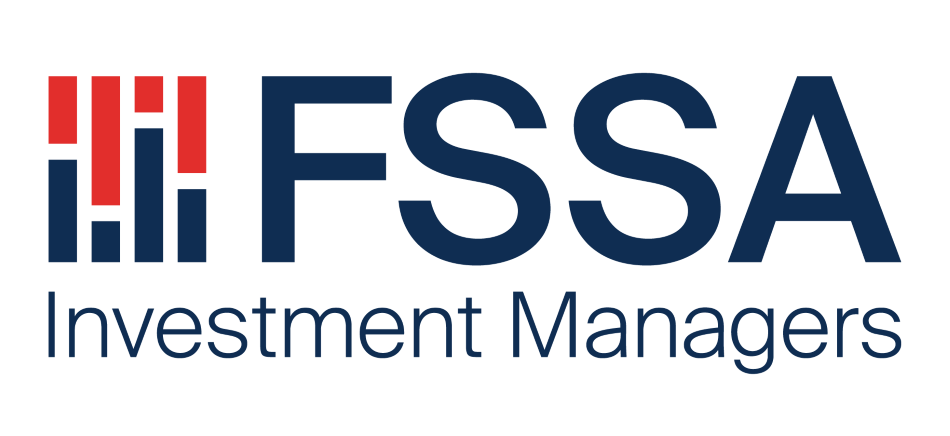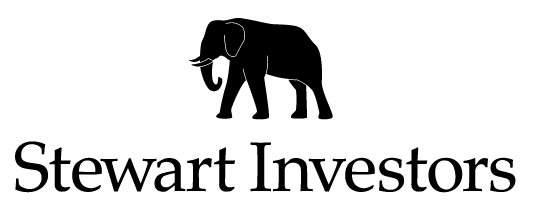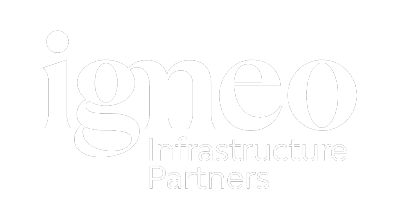There is still significant uncertainty around Covid-19 and its potential impact globally. The situation could become worse before it gets better – and no one knows when the bottom will be. So far, China has borne the brunt of the epidemic, with parts of the country in lockdown and business activities in some cities grinding to a complete halt. After weeks of closure, some Chinese factories are starting to resume production; but, our discussions with various companies suggest that they are operating at just half the normal production rate.
Though no sector has been immune, tourism has taken an obvious hit. In 2018, there were 162m outbound Chinese tourists (compared to 16m in 2002). With travel restrictions and mandatory quarantine on travellers coming from mainland China, this has all but dried up. In China, Hong Kong, Singapore and Korea – airlines, hotels, taxis, restaurants and retail have all reported a dramatic slowdown.
China’s contribution to global GDP is around 16% (4x the size it was during SARS in 2003) – and its importance in global supply chains cannot be underestimated. The move towards ‘just in time’ production has exacerbated the problem. In one example, Jaguar Land Rover Automotive recently discussed having to bring in car key fobs by the suitcase; and Apple has flagged potential issues over component shortages. All manner of sectors which rely on Chinese labour have also been impacted.
While the focus until now has been on China and Asia, it seems as if the rest of the world is starting to catch up. With growing cases of Covid-19 reported in the Middle East, Africa and parts of Latin America, it may only be a matter of time before we start to see large-scale disruptions in these regions as well. Given that the virus is spreading globally, it is difficult to gauge what the ultimate impact will be on global economies – we believe it could be quite significant and more prolonged than most people expect.
Our investment approach remains unchanged
Despite the uncertain outlook, our investment philosophy and process remains unchanged. We invest with a 5-year investment time horizon in mind – and these kinds of events do not affect our investment approach. We continue to focus on buying well-managed businesses, with strong franchises and conservative balance sheets, which we believe have decent long-term fundamentals that can drive profit growth over the long term.
Though current events might impair earnings growth in the short term, we believe the impact on companies with strong franchises should be limited. Based on our previous experience with SARS, we believe the current negative sentiment could be a good opportunity to buy into companies with good long-term growth prospects.
The most obvious beneficiaries of Coronavirus concerns have been in the healthcare sector. For example, CSL – one of the world’s largest flu vaccine manufacturers – anticipates more people being vaccinated in future. Resmed and Fisher & Paykel, makers of masks and respiratory machines, have also benefited; and whilst the Chinese can build a hospital in ten days, Ramsay Health Care, which operates hospitals in Australia, the UK and France, cannot build new facilities so quickly. All four of these companies have their own fundamental growth drivers – regardless of whether the spread of the Covid-19 virus turns into a pandemic or not.
Chinese tourist plays are likely to be the hardest hit – notably Shanghai International Airport and Trip.com. However, similar to the A-share market in general, we have been surprised at how well they have held up. Indeed, investors have looked beyond the short-term impact, and Hong Kong and China shares have been remarkably resilient. Year-to-date, the Hang Seng Index has declined by 7% and the A-share market is down just 3.8% (as at the end of February 2020). There has been a lot of faith put into Central Banks’ ability to solve every problem (as has been the case since the Global Financial Crisis) with additional ‘helicopter money’[1] should the economic impact turn out to be more severe than anticipated. As a case in point, the Chinese government’s fiscal stimulus was greeted by a sharp move up in equities.
In Japan, the scale of the outbreak has been much smaller compared to China. However, there is increasing concern that hospitals would be unable to cope if the number of cases rose sharply. The Japanese public have also been disappointed with government bureaucracy – including the handling of tourists on the Diamond Princess cruise-ship, and insufficient attention paid to the Coronavirus issue in the first place. Moreover, the Japanese government may not be able to control people’s movements as strictly as China has.
In terms of impact, many Japanese companies rely heavily on the Chinese economy. Japanese industrial companies in particular have been affected by the suspension of Chinese factory operations and the shortage of labour. However, most service-related domestic companies have yet to be affected – and the size of the eventual impact depends on how quickly the situation evolves. For consumer companies, there may be inventory shortages if supply from China cannot be resumed; and there is likely to be little inbound tourism demand in the short term.
We do not own any tourism stocks in our Japan equity portfolios. However, Japanese consumer companies often have high exposure to Chinese consumers. Domestic consumption activities may decline as the number of cases rise, leading to investment budget cuts – which would in turn affect other sectors. Although Japan equities have been sold off across the board in recent weeks – such that the magnitude of stock declines has decoupled from fundamentals and even from the impact from the Coronavirus – we have taken market declines as opportunities to add to higher conviction stocks on cheaper valuations.
1 ‘Helicopter money’ refers to monetary expansion designed to stimulate the economy
Important Information
This document has been prepared for informational purposes only and is only intended to provide a summary of the subject matter covered. It does not purport to be comprehensive or to give advice. The views expressed are the views of the writer at the time of issue and may change over time. This is not an offer document and does not constitute an offer, invitation or investment recommendation to distribute or purchase securities, shares, units or other interests or to enter into an investment agreement. No person should rely on the content and/or act on the basis of any material contained in this document.
This document is confidential and must not be copied, reproduced, circulated or transmitted, in whole or in part, and in any form or by any means without our prior written consent. The information contained within this document has been obtained from sources that we believe to be reliable and accurate at the time of issue but no representation or warranty, express or implied, is made as to the fairness, accuracy, or completeness of the information. We do not accept any liability whatsoever for any loss arising directly or indirectly from any use of this document.
References to “we” or “us” are references to First Sentier Investors a member of MUFG, a global financial group. First Sentier Investors includes a number of entities in different jurisdictions, operating in Australia as First Sentier Investors and as First State Investments elsewhere.
In the United Kingdom, issued by First State Investments (UK) Limited which is authorised and regulated in the UK by the Financial Conduct Authority (registration number 143359). Registered office Finsbury Circus House, 15 Finsbury Circus, London, EC2M 7EB number 2294743. Outside the UK, issued by First State Investments International Limited which is authorised and regulated in the UK by the Financial Conduct Authority (registered number 122512). Registered office: 23 St. Andrew Square, Edinburgh, EH2 1BB number SCO79063.
The First State Investments logo is a trademark of the Commonwealth Bank of Australia or an affiliate thereof and is used by FSI under licence.
Copyright © (2020) First Sentier Investors
All rights reserved.













 Australia
Australia  New Zealand
New Zealand  Hong Kong (English)
Hong Kong (English)  Singapore
Singapore 














 United Kingdom
United Kingdom 